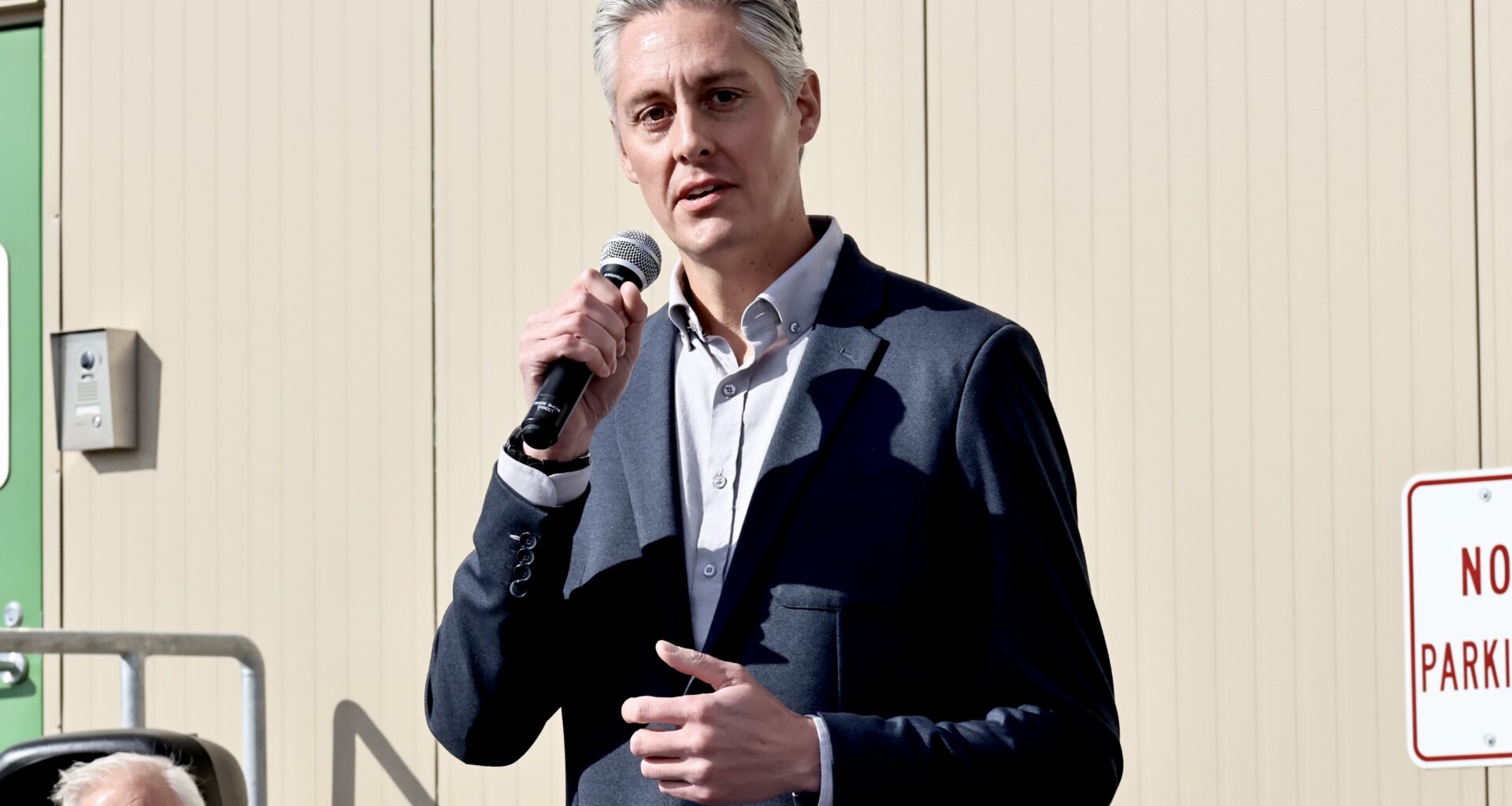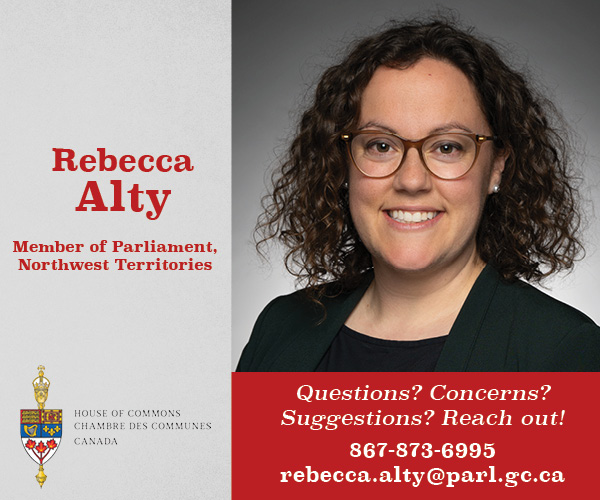Canada’s three territories have agreed to “collaborate to identify and address barriers to trade and labour mobility” across the North.
In a news release, the territories said they had signed a memorandum of understanding in Ontario last week that seeks to eventually establish a “territorial trade zone.”
The territories say that would mean joint advocacy to Ottawa on “critical trade-enabling infrastructure,” working together on “investment attraction and regulatory frameworks,” and developing a “shared credential registry.”
The memo, which isn’t legally binding and offers few specifics, is part of a broader move for Canada’s provinces and territories to drop internal trade barriers. The North signed a similar document with Ontario last week.
However, the NWT is also expected to tread carefully in some quarters as Canada dismantles domestic obstacles to trade. For example, the territory is unlikely to want to part with the Business Incentive Policy, which allows northern businesses to take priority when bidding for government contracts.
The memorandum says the territories will “support inclusive policy development that reflects the distinct circumstances and capacities of each territory, including infrastructure limitations, cost-of-living disparities, and regulatory diversity.”
The memo doesn’t constitute an agreement on a territorial trade zone in its own right, but acts to launch “exploratory discussions towards an agreement.”
In a news release, the territories added: “The three governments agree that efforts to improve internal trade must respect modern treaties and land claim agreements and actively support Indigenous participation.
“The Governments of Yukon, the Northwest Territories and Nunavut are committed to ensuring that Indigenous rights are respected and that Indigenous peoples benefit from economic opportunities.”
NWT Premier RJ Simpson said the memo showed the territories “taking concrete steps to reduce barriers, grow our workforce and attract investment – all in ways that reflect our unique northern and Indigenous realities.”
“We’re not waiting to be invited into the national economy,” he added. “We’re shaping it, together.”
Related Articles





